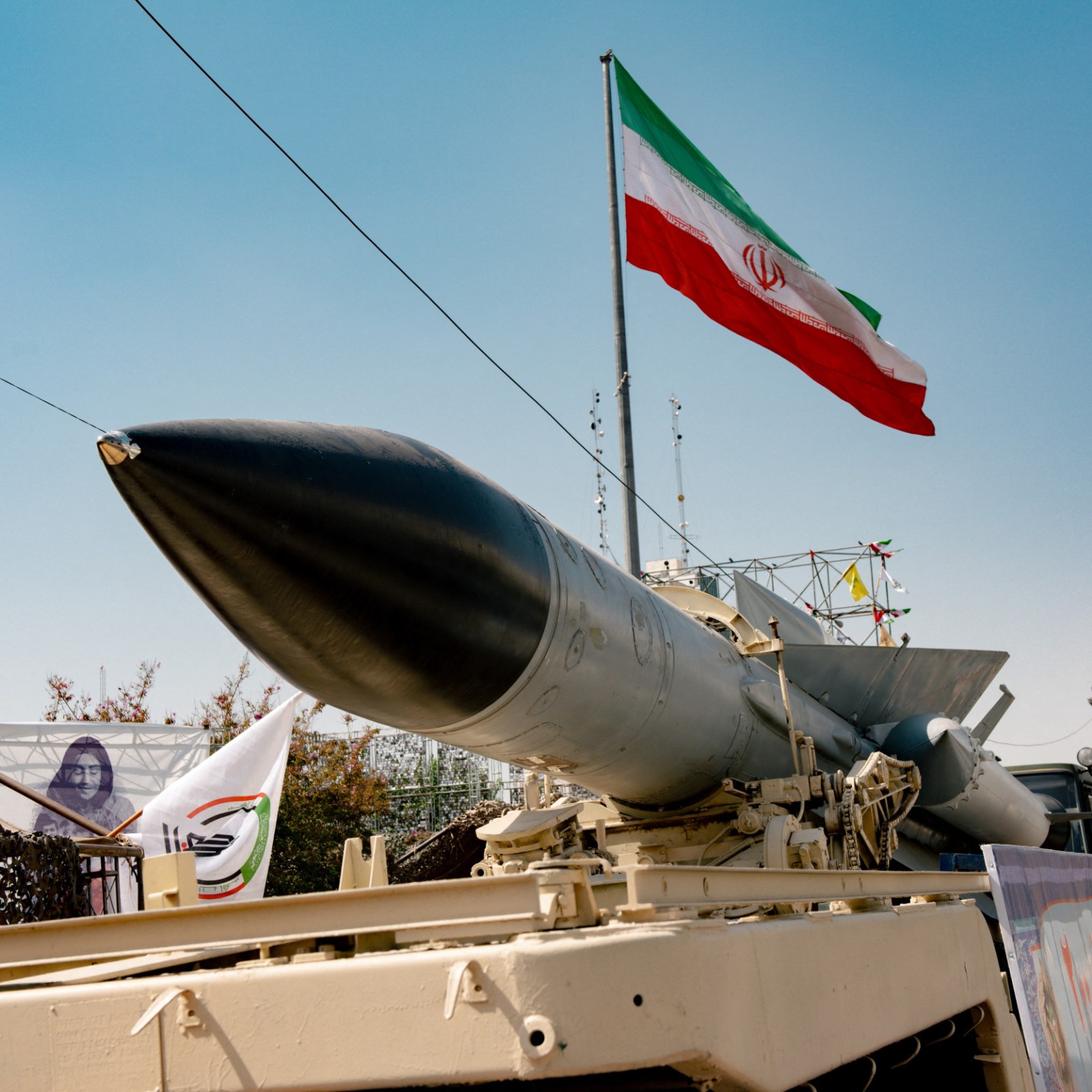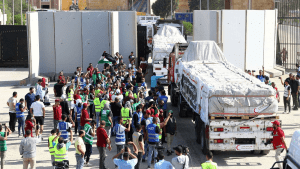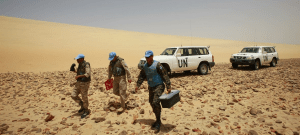Tensions escalate as US and Iran issue threats

Tensions escalate as Iran and the US have exchanged threats of military action amid Iranian nuclear programme negotiations, according to The Arab Weekly on June 11th.
During a press conference, Iranian Defence Minister Aziz Nasirzadeh said: “Some officials on the other side threaten conflict if negotiations don’t come to fruition. If a conflict is imposed on us… all US bases are within our reach, and we will boldly target them in host countries.”
On numerous occasions, US President Donald Trump has threatened to bomb Iran if the two are unable to sign a deal. Uncertainty has emerged regarding the scheduling for the next round of talks, with Tehran announcing that they will take place in Oman on June 15th whilst Trump said negotiations will be held on June 12th. Despite this, a source familiar with the situation said the negotiations would likely occur on June 13th or June 14th.
On June 10th, Iranian foreign ministry spokesperson Esmaeil Baqaei stated: “The next round of Iran-US indirect talks is being planned for next Sunday in Muscat.” No immediate comment has come from the mediator, Oman.
Trump claimed that Iran is becoming “much more aggressive” in the negotiations in response to Iran’s rejection of a previous US offer. Tehran is expected to give a counter-proposal.
Nasirzadeh revealed that Iran recently tested a missile equipped with a two-ton warhead. Supreme Leader Ayatollah Ali Khamenei previously called for Iran to develop its military even further, including its missile arsenal.
US Army General Michael “Erik” Kurilla, who is the head of US Central Command (CENTCOM) stated in a congressional hearing that he has “provided the secretary of defence and the president with a wide range of options” when it comes to preventing Iranian nuclear armament.
This was in response to Representative Mike Rogers of Alabama, chairman of the House of Representatives Armed Services Committee, asking if CENTCOM would respond with strong military force if Iran refuses to permanently dispose of its nuclear arms project. “I take that as a yes” Rogers asked, after Kurilla responded. Kurilla said “yes.”
Iran criticised Washington’s most recent draft after it failed to offer sanctions relief in exchange for nuclear programme restrictions. Both sides seem to be paralysed by a disagreement over uranium enrichment parameters. Tehran proclaimed that its right to enrich uranium is “non-negotiable”, while this constitutes a “red-line” for the US.
Iranian Foreign Minister Abbas Araghchi criticised “elements” of a US proposal for a deal he had received after the fifth round of talks on May 31st. This comment was made due to the proposals “ambiguities.” Tehran, whose economy has been crippled by US sanctions for years, said the offer did not include removing sanctions, amongst other previously discussed issues.
On June 9th, the International Atomic Energy Agency (IAEA) commenced a Board of Governors meeting in Vienna which will last until June 13th and would predominantly discuss Iran’s nuclear programme. This follows an IAEA report which labelled cooperation from Iran as “less than satisfactory,” especially in explaining prior instances of nuclear material found in undeclared areas.
In response, Iran claimed that the IAEA report was biased as it relied on “forged documents” that were sourced by its regional nemesis Israel.
On June 10th, Araghchi once again reproached a plan by the US and European powers to adopt a resolution at the meeting that would accuse Iran of not complying with its nuclear obligations.
During a phone call with Japanese Foreign Minister Takeshi Iwaya, he stated: “Any ill-considered and destructive decision in the Board of Governors against Iran will be met with an appropriate response.” If the resolution is passed, Iran warns that it will lower cooperation with the IAEA.
Tehran announced on June 7th that it had acquired an abundance of Israeli intelligence in a covert operation. This included files related to Israel’s infamously undeclared nuclear facilities and defence plans. It stated that the intelligence would facilitate effective counterattacks if Israel was to strike Iran.
Israel has repeatedly threatened to attack Iran’s critical nuclear infrastructure in warnings that have escalated amidst Tehran and Washington’s negotiations.
The Arab Weekly, Maghrebi.org
Want to chase the pulse of North Africa?
Subscribe to receive our FREE weekly PDF magazine












